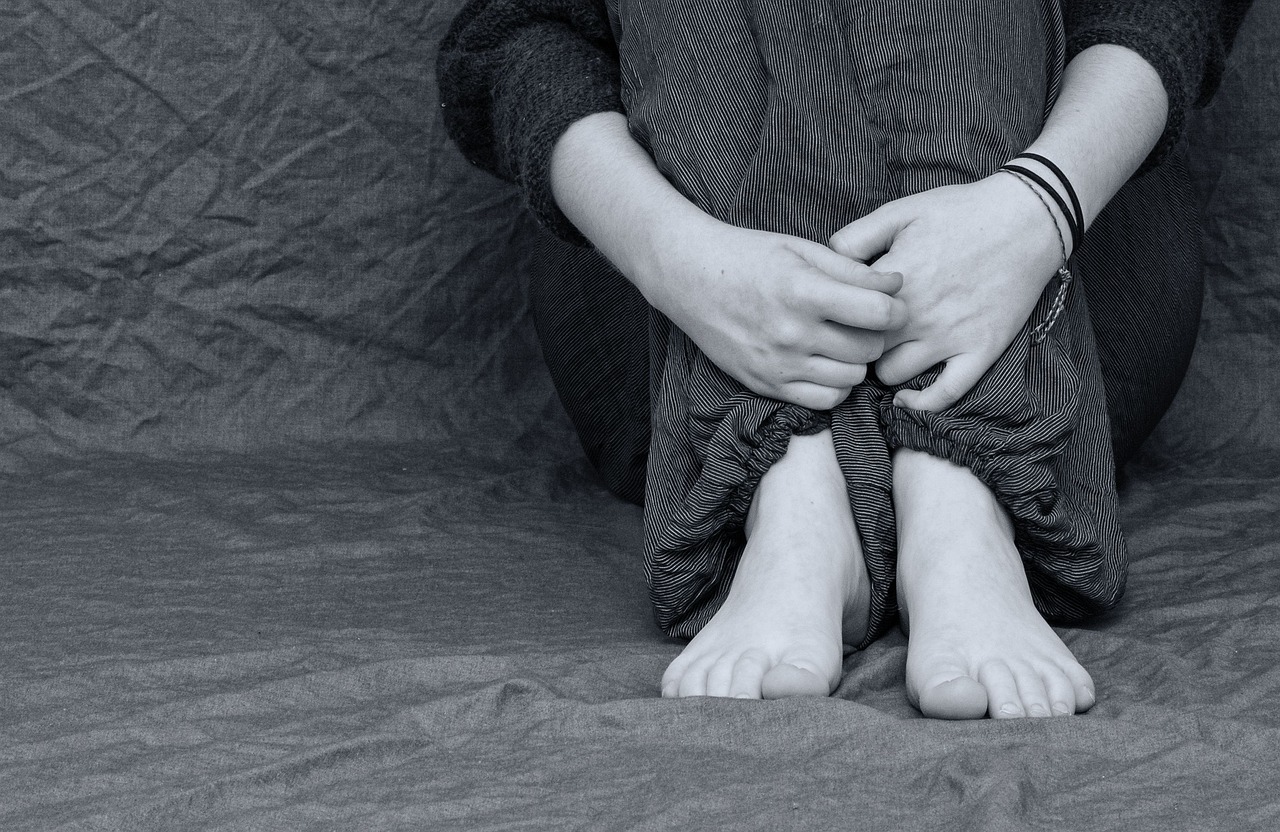Everything You Need To Know About Depressive Disorder!
Rekha is 32 years old, she has a succesful career, a lovable husband and two wonderful kids. She has a few helpful friends and a supportive family. She also got promoted at work 6 months ago. Yet for the past few months she has been finding it a little difficult to fall asleep at night, she dreads daybreak and wished she could sleep for a bit more time. She fights through the tiredness as everything she once enjoyed seems grey and non rewarding. She stopped following her favorite tv show and hasn’t been talking to her friends as much. She has been unable to focus on work and it takes her longer than usual to complete her tasks. The food she once loved seems drab and unappealing. There is no more color to festivals and functions, and smiling becomes an effort. She worried about the future and feels helpless as her life spirals down a eternal dark staircase.
Rekhas husband has noticed this and is supportive as he can be, telling her that she needs to snap out of whatever that she is going through. Not that she wouldnt want to snap out of it. People around her have been trying to cheer her up, suggesting everything that they feel would make her feel better! But no, the shadow of depression follows her around and makes her feel that her life is not worth living anymore.
What are the numbers ?
Depression is difficult, depression is dark and depression is dangerous. Studies have reported numbers ranging from 1 in 10 to 1 in 30. An article in the Indian express on feb 15,2016 was titled “with 36% of India depressed, we must end the taboo around mental health”
Depression was reported to be higher in females, in the age-group of 40-49 years and among those residing in urban metros. Equally high rates were reported among the elderly.Depression and suicides are closely linked, with upto 15% of depressed individuals attempting suicide. With around a lakh and 30000 people ending their lives by suicide every year, and atleast 10 times as much attempting suicide, this 15 percent starts looking like a very large number.
What causes depression
Contrary to popular belief, depression does not necessarily stem from a weakness in one's "mind" or from ones poor ability to cope with the stressors of life. This Depression like every other illness stems from complex interactions between biological, psychological and social factors. Like one cannot "think away" a fever, it is impossible to "think away" depression.
Genetic studies have demonstrated a concordance rate for mood disorders in identical twins of 70 to 90 percent. Implying a strong role of inherited factors in depressive illness. Alterations in hormonal regulation and sleep architecture can also lead to depression.
At the base of the illness there are abnormalities at the synaptic level in the neuronal networks in the pre-frontal cortex (a region in the brain). The pre-frontal cortex holds and processes information in regard to ones personality, memory, decision making, motivation and complex cognitive tasks. These processes are encoded in the form of synapses or interneuronal connections. The neurons communicate via electrochemical processes called neurotransmission. Current knowledge implicates a imbalance in serotonin, dopamine and noradrenaline (neurotransmitters) and or an abnormal number of their receptors in the synapses in causing depression. Most anti depressants increase serotonin concentrations at the synaptic level so as to improve mood and cognition.
Low levels of serotonin have also been observed in those who attempt suicide.
What are the symptoms of depression? How is it diagnosed ?
Symptoms of depression include persistent low mood, easy fatiguability and a lack of interest in things that were previously pleasurable. Physical symptoms such as changes in sleep patterns, changes in appetite and weight and decreased interest in sex may also occur. Further a loss of self confidence, undue feelings of guilt, emotional lability and thoughts about self harm are also common.
The safest thing to do, if one is experiencing such symtoms is to seek professional help.
The Psychiatrist or Psychologist will be able to make a diagnosis based of Criteria set forth by the world health organization. They may suggest laboratory investigations to rule out physical illnesses such as anemia and thyroid dysfunction that mimic depression and will offer appropriate treatment measures.
Depression tends to occur in episodes with each episode lasting from 6 months to two years with an average of 8 months. Untreated depression tends to leave behind residual symptoms that include fatigue, anhedonia, long lasting sleep disturbances, poor productivity and a propensity to recur. 60% of those who develop a depressive episode, develop another Thus earlier and effective treatment will improve prognosis and will decrease the long term morbidity.
Effective treatment strategies are available for the management of depression. Based on the severity of illness and the nature of symptoms, you health care provider may prescribe either behavioral changes, psychotherapy or biological therapy. You do not have to go at it alone. Help is available for all those who seek it !
Depression is nothing to be afraid of, and certainly nothing to be guilty or ashamed of. With the right intervention from qualified experts, depression can be managed effectively.
You can find a lot more information about mental health and mental illness at our stigma breaking.



+1.svg)
